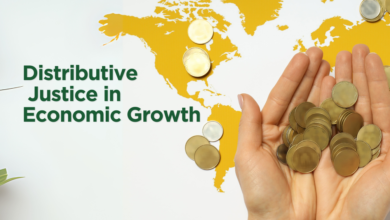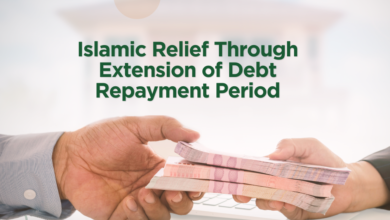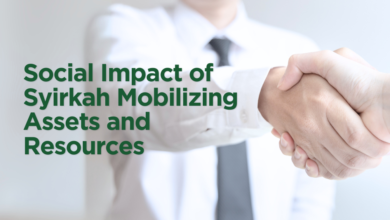Islamic Economics
-

Financial Planning in Times of Crisis
Financial stability frequently suffers first when economic storms like recessions, market crashes or pandemics strike. Financial planning becomes not only helpful but also crucial during these uncertain times. During a crisis proactive well-thought-out financial choices can make the difference between survival and success. The Necessity of Financial Planning Tailored to a Crisis Institutional and individual resilience are put to the…
Read More » -

Status-Driven Lifestyles in Islam
A person’s life can be subtly taken over by pride and the need to uphold a specific social image. It shows up as demanding more luxury than is necessary concealing hardships to look successful or turning down assistance merely to maintain appearances. This behavior is frequently disguised as lifestyle in todays society. On a deeper level however it can develop…
Read More » -

Helping and Assisting Fellow Muslims
There will always be hardships. All people will experience hardships from time to time whether they take the shape of natural disaster, financial hardships, illness or psychological strain. Islam not only stresses the value of social solidarity in these circumstances but it also promotes individual patience. Muslims have been commanded to help care for and be each others strength. This…
Read More » -

An Islamic Perspective of Recession
A recession is characterized by a broad drop in economic activity that leads to social unrest, increased unemployment and decreased purchasing power. Many nations view it as an emergency that needs to be addressed immediately with systemic and technical solutions. However for Muslims a recession is more than just a business occurrence it is a divine test and a prompt…
Read More » -

Distributive Justice in Economic Growth
Let’s be honest for a moment. Have you ever felt strange when reading economic news that says it’s on the rise, but why is the content of your wallet still the same? They say economic growth is positive, but in reality prices are getting more expensive, businesses are getting harder, and many people are still living hand to mouth. This…
Read More » -
Financial Goals for Giving, Not Hoarding
Let’s sit down for a moment, calm our minds, then ask ourselves: “What am I actually chasing money for?” Most of us would answer, “To be calm. To be stable. So as not to bother anyone later.” That’s not wrong. That’s a good intention. But… what if it turns out that wealth is not just for hoarding or enjoying alone?…
Read More » -

Islamic Relief Through Extension of Debt Repayment Period
Talking about debt, sometimes you immediately feel tense, right? Especially when talking about late payments. The impression is immediately negative. As if the person who is in arrears must be negligent… or even considered to have no intention of paying. In fact, it is not always like that. Because there are people who are really having a hard time. They…
Read More » -

Hoarding: The Real Economic Problem
(Sharia Reflection on Inequality and Distribution Stagnation) Abundant resources, but the majority of people in it still live in poverty?This is not just an irony, but a bitter reality that occurs in many countries that are said to be rich. There are agricultural products. The sea is vast. The mines are full. The rice fields are fertile. But only a…
Read More »



